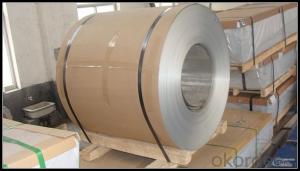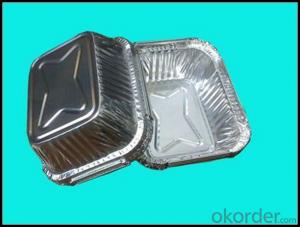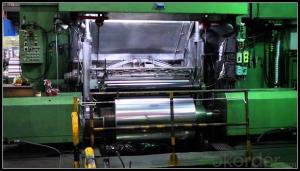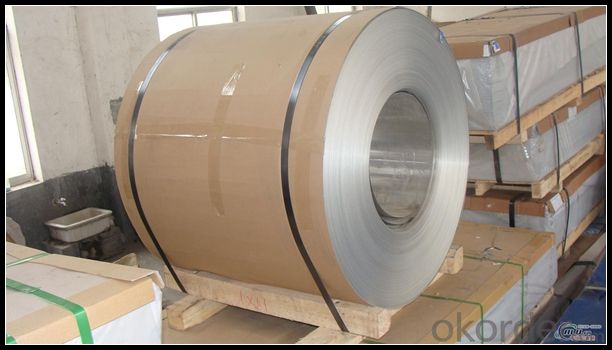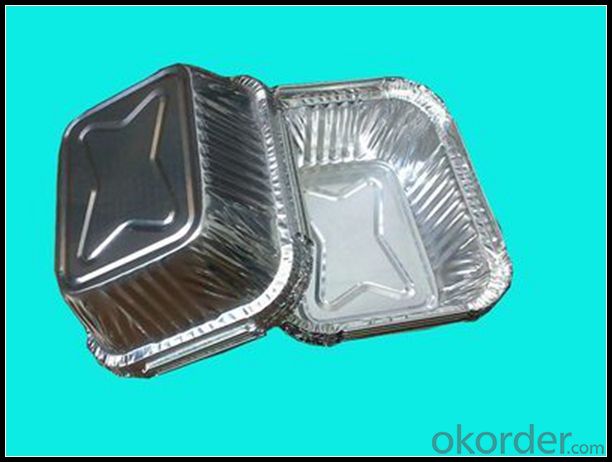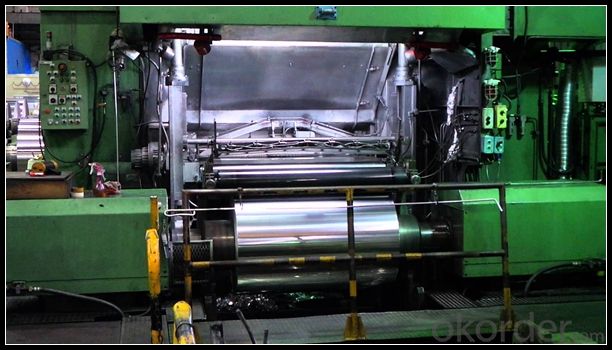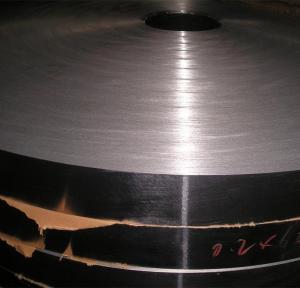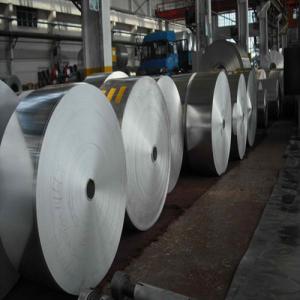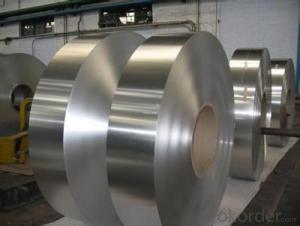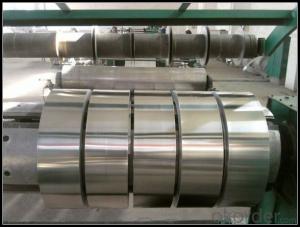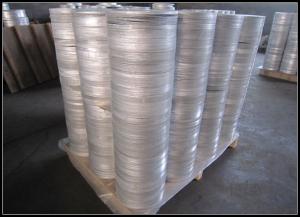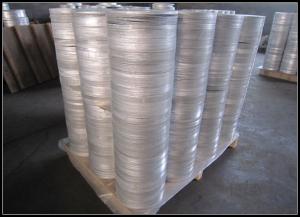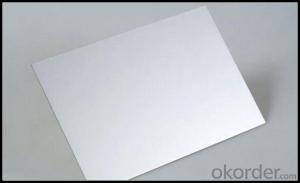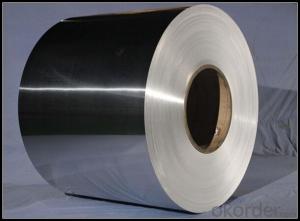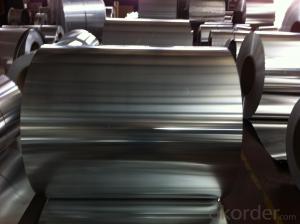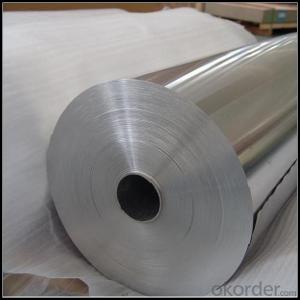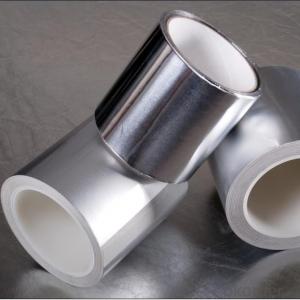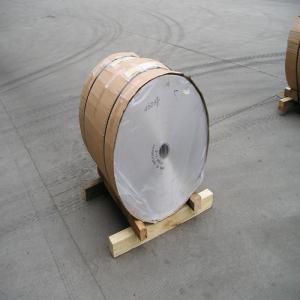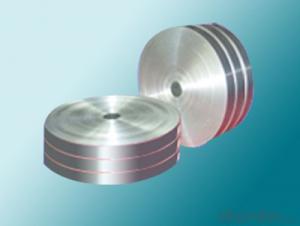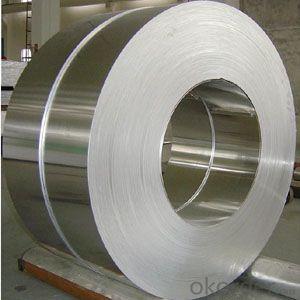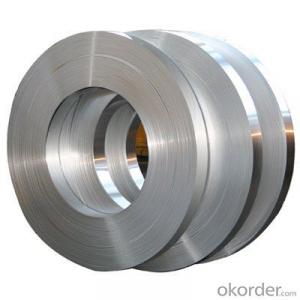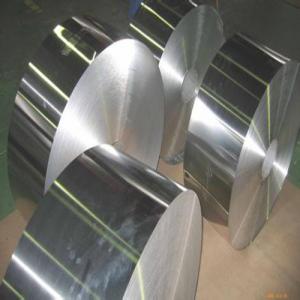Black Aluminum Strips China Aluminum Metal Roofing Coil Sheet 5052 H36
- Loading Port:
- Tianjin
- Payment Terms:
- TT OR LC
- Min Order Qty:
- 1 m.t.
- Supply Capability:
- 4999 m.t./month
OKorder Service Pledge
OKorder Financial Service
You Might Also Like
Specification
1. Specification of Aluminum
1) Alloy | 1050, 1060,1100, 3003 3004 3105 3005 5005 5052 etc |
2) Temper | O/H12/H14/H1/H18/H32/H34/H36/H38//H111/H112/H116/H321/T6/T651/T3/T351 etc |
3) Thickness | 0.1mm to 6mm |
4) Width | 20mm to 3300mm |
5) Coil weight | 100kgs to 6 tons depends on actual requirement |
6) Core material | Aluminum alloy |
7) Coil Inner diameter | 76mm, 152mm,or as required |
2. Application of Aluminum
(1).Alumina
(2).Sulfates
(3).Niche compounds..
3. Feature of Aluminum
Although there is little evidence that normal exposure to aluminium presents a risk to healthy adults,[93] some studies point to risks associated with increased exposure to the metal.[92] Aluminium in food may be absorbed more than aluminium from water.[94]
4. Certificate:
SGS and ROHS(if client request, paid by client), MTC(plant provided), Certificate of Origin(FORM A, FORM E, CO), Bureau Veritas and SGS (if client request, paid by client), CIQS certificate
5. Image of Aluminum
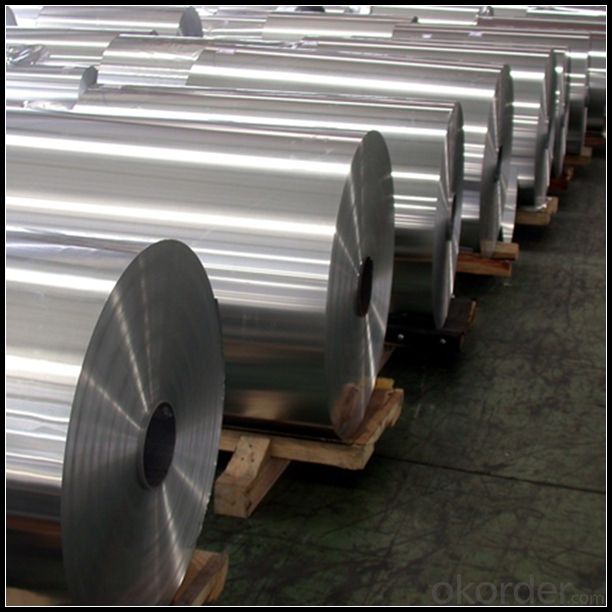
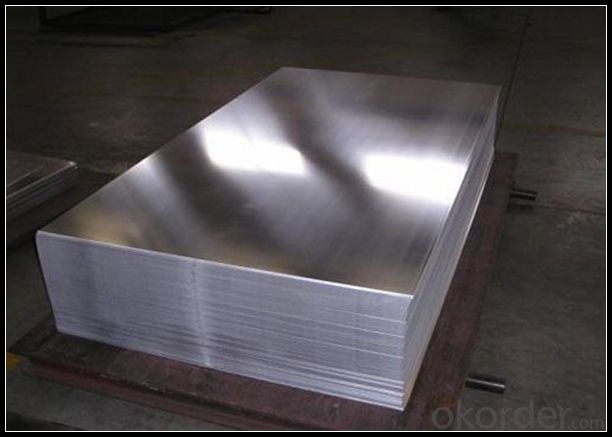
6. Our Service
1. Reply your enquiry in 24 working hours. |
2. OEM, buyer design, buyer label services provided. |
3. Exclusive and unique solution can be provide to our customer by our well traned and professional engineers and staffs. |
4. We can provide free sample for your check |
5. We have the certification of ISO 9001 |
6. Timely delivery |
7. Special discount and protection of sales area provided to our distributor. |
8. Good after-sale service. |
7. FAQ
Q: What is the produce prase? | ||||
A: Normally it would be 40days after received your deposit. | ||||
Q: Can you provide free samples? | ||||
A: Yes, free samples will be sent to you on freight at destination. | ||||
Q: Can I get your latest catalogue? | ||||
A: Yes, it will be sent to you in no time. | ||||
Q: What is the MOQ? | ||||
A: 3 tons | ||||
Q: What are your payment terms? | ||||
A: We accept L/C, D/A, D/P, T/T, West Union,etc. |
- Q: This question asks for the standard dimensions of aluminum strips commonly used for exterior siding on buildings.
- <p>The standard size of aluminum strips used for siding varies by manufacturer and specific product line. However, commonly, aluminum siding is available in widths ranging from 4 to 12 inches and lengths from 12 to 16 feet. The most common widths are 6 and 7 inches, while the standard length is often 16 feet. It's important to check with the specific manufacturer for the exact dimensions of the aluminum siding strips you are considering for your project.</p>
- Q: Aluminum tape spraying process, please?
- Inspection. Inspection of the workpiece coating, there are leaks, bumps, pins, bubbles and other defects, should rework, re spray(9) defect handling. Rework or re spray the workpiece that is missing, such as spray, pinholes, bumps, bubbles, etc.
- Q: What is the difference between cold rolling and hot rolling of aluminium plate and aluminium strip? Which kind of aluminum plate is good? Speak a little more popularly
- Cold rolled, no hot rolled aluminum sheet, good surface. It doesn't make much difference if you don't ask for it. Hot rolled aluminum plate is suitable for oxidation. The oxidation effect will be much better.
- Q: What are the characteristics of the 5052 aluminum strip?
- Al Mg anti rust aluminum, high fatigue strength, plasticity in high resistance to corrosion, heat treatment can not enhance, contact welding and welding of atomic hydrogen, argon arc welding has the tendency of crystal crack, alloy and semi Xinghua hardening state of machinability is better in the cold.
- Q: What factors should be considered to determine if an aluminum strip is appropriate for a specific project?
- <p>To determine if a particular type of aluminum strip is suitable for your project, consider the following factors: the strip's mechanical properties such as strength and ductility, its corrosion resistance, and its ability to withstand the specific environmental conditions of your project. Check the strip's thickness and width to ensure they meet your project's requirements. Assess the strip's surface finish and any required coatings or treatments. Consult the strip's technical specifications and compare them to your project's needs. If necessary, conduct tests or seek advice from material experts to ensure compatibility.</p>
- Q: Describe the process of manufacturing aluminum strips.
- <p>The production process of aluminum strips involves several key steps. Initially, raw aluminum ingots are melted in a furnace. Once molten, the aluminum is poured into molds to create billets. These billets are then heated and passed through a series of rollers to reduce their thickness and achieve the desired strip dimensions. This process, known as hot or cold rolling, is repeated multiple times to refine the strip's thickness and surface quality. After rolling, the aluminum strips may undergo annealing to improve ductility and strength. Finally, the strips are cleaned, coated if necessary, and cut to length before being packaged and shipped to customers.</p>
- Q: What's the specialty of aluminum strip rolling?
- I don't know what raw material this enterprise produces, which is related to the process. The state has the aluminum industry cleaner production evaluation index system (issued by the Ministry of industry), the clean production standard of alumina industry and the clean production of electrolytic aluminum industry
- Q: What is the color of aluminum coating
- Color coated aluminum roll refers to the surface of aluminum alloy coloring treatment, color coated aluminum roll has become one of the most popular top decoration materials. It is a kind of green with environmental protection, durability and beauty.
- Q: This question asks if there are certain types of aluminum that have a lower environmental impact compared to others.
- <p>Yes, there are types of aluminum that are considered more environmentally friendly. Recycled aluminum, for instance, has a significantly lower environmental impact compared to newly mined aluminum. The production of recycled aluminum requires only 5% of the energy needed to produce new aluminum from raw materials. Additionally, aluminum alloys with lower carbon footprints, such as those with reduced heavy metal content, can be more eco-friendly. However, it's important to consider the entire lifecycle of aluminum, including extraction, production, use, and disposal, to determine its environmental friendliness.</p>
- Q: The user is asking if it's possible to use aluminum strips for constructing carports or garages.
- <p>Yes, aluminum strips can be used for carports or garages. They are lightweight, durable, and resistant to corrosion, making them a popular choice for outdoor structures. However, it's important to ensure that the aluminum is of sufficient gauge to support the weight and withstand environmental conditions. Additionally, proper design and engineering are crucial to ensure the structure's stability and longevity. Always consult with a professional to determine the best materials and construction methods for your specific needs.</p>
Send your message to us
Black Aluminum Strips China Aluminum Metal Roofing Coil Sheet 5052 H36
- Loading Port:
- Tianjin
- Payment Terms:
- TT OR LC
- Min Order Qty:
- 1 m.t.
- Supply Capability:
- 4999 m.t./month
OKorder Service Pledge
OKorder Financial Service
Similar products
Hot products
Hot Searches
Related keywords
